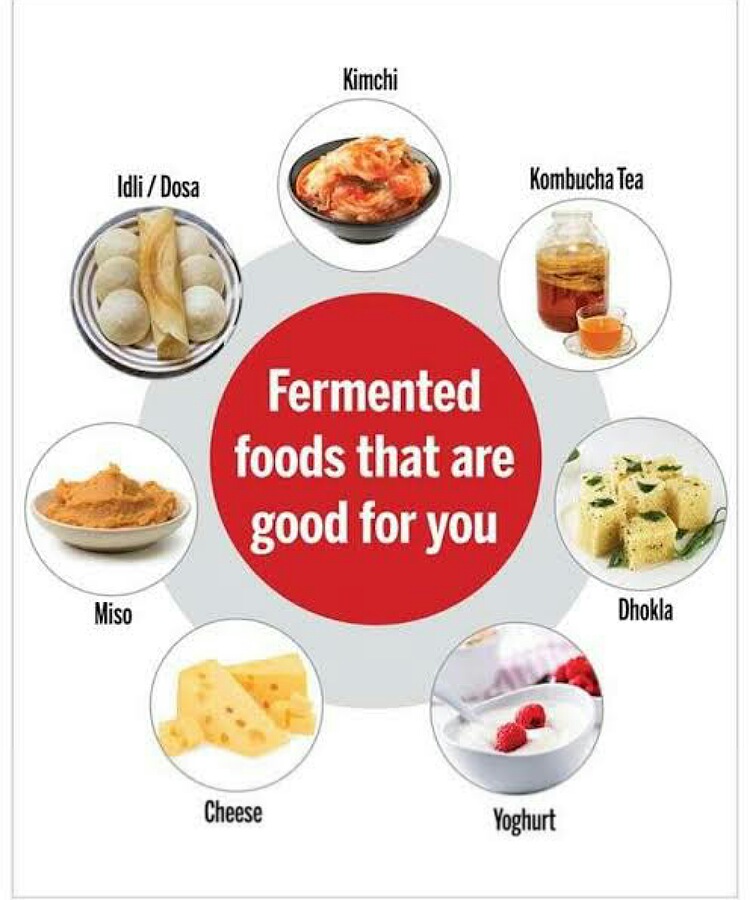There is a growing research into the usefulness of fermented foods for the body.
It has shown that regular intake of fermented foods has substantial benefits. What are these benefits? Which are the top fermented foods that should be tried and consumed regularly?
Fermented foods: Definition
Fermentation of foods is a very ancient technique to preserve foods. These foods are produced through controlled action of the healthy bacteria. The enzymes act on these food components.
In the process, the shelf life of the food gets increased. At the same time, its nutritional value is maintained. Additionally, body gets the needed dose of probiotics that are great and beneficial for it.

The digestive tract has an enormous number of microorganisms; about 100 trillion bacteria abound there.
This microbiome has to be diverse, adequate, and healthy for proper functioning of the gut, immune system, and body. Dr. David S. Ludwig, a professor of nutrition at the Harvard T.H. Chan School of Public Health states:
“It’s a very exciting, dynamic area of research,”
Fermented foods provide the body with these healthy bacteria and thus are good.
Initially, this process was used to preserve foods especially vegetables in the cold weathers. Thus use of the food was extended to months when it would not be available for varied reasons.
Other advantages of fermentation of foods
Besides increasing shelf life of foods, this process enhances the food taste. The food undergoes changes and gets added nutrients in the process. For instance, after fermentation, vegetables get raised vitamin B12.
These foods also provide the body with the good bacteria. These are the probiotics. And as we all know, probiotics give health to the gut.
The body inflammation is put under check. And immune function of the body gets improved. These benefits are tangible and help in overall well-being of the individual.

Due to the modern stressful life and excessive use of junk food and faulty eating habits, the gut microbiome is lessened and not replenished. Irrational use of antibiotics also damages these bacteria.
There is an imbalance between the good and bad gut bacteria leading to diseases. The intestinal walls weaken and there is leakage.
Dr. David states that this leads to a host of diseases such as asthma, eczema, schizophrenia and Alzheimer’s disease. Eating fermented substances can control all this and normalize gut microbiome.
Examples of these foods
So the solution is to add foods that have been fermented in our daily diet. Increasingly people are realizing its benefits and incorporating them in their daily food menu.
They are easy to obtain from online stores and supermarkets. One can also make them at home with simple steps. Yoghurt is a cheap and simple food to add to the diet. Dr. David says:
“But I encourage people to extend their range a little bit,”

One can have pickled vegetables as a side dish with the major meals of the day. Moreover, Sauerkraut (pickled cabbage) can be put between the bread slices for a healthy sandwich.
It can be rolled with a flat bread and had in between when hungry or on the go during travels. Fermented soyabean is also available as miso, tempeh, or natto.
It is possible to procure fermented fish and this is common in Northern Asian cultures. Kimchi is a Korean dish of pickled cabbage and radish. Kefir is fermented dairy product.
Also, read Ice apples: Know its nutritional values and health benefits!
Additionally, all these foods are safe and devoid of any major issues.